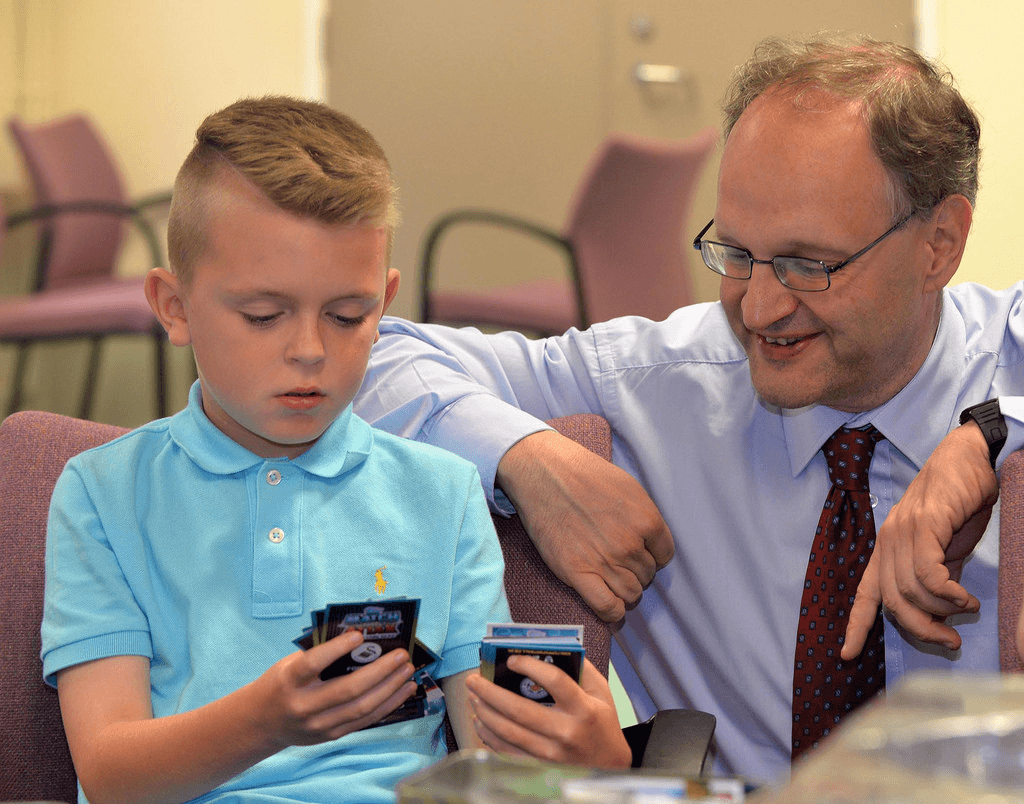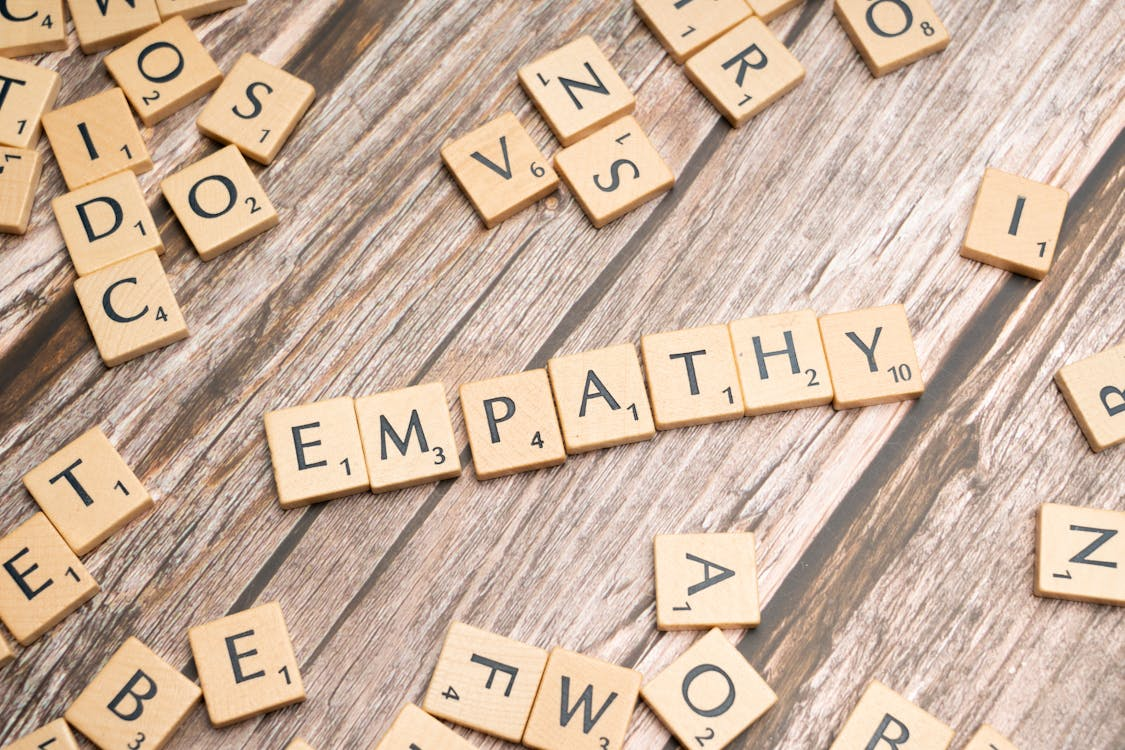Identifying Signs of Autism Spectrum Disorder in Children: Steps to Take and Available Support

|
Getting your Trinity Audio player ready...
|
Recognizing Signs of Autism Spectrum Disorder in Children
This article offers guidance on identifying signs of Autism Spectrum Disorder (ASD) in children and the necessary steps to take if you suspect your child may have ASD. Autism is a spectrum disorder, meaning it affects individuals differently and can range from mild to severe impacts on daily functioning.
Symptoms of ASD typically appear before the age of three, though they may become noticeable later. If you notice any of the symptoms listed below in your child, it’s important to consult professionals to determine if specialized services are required. Remember, it is never too late to seek support.
Common Signs and Symptoms in Children (Ages 3 and up)
Possible Symptoms of Autism (Ages 3 and up):
– Difficulty engaging in reciprocal conversations
– Lack of eye contact
– Challenges comprehending others during conversations
– Communication struggles, especially in expressing wants and needs
– Limited ability to understand or respond to non-verbal cues and gestures
– Preference for solitary play
– Narrow range of interests
– Unconventional play behavior, such as spinning a toy instead of using it as intended
– Difficulty transitioning between activities or environments
– Inflexible routines, becoming frustrated with deviations from a specific plan
– Heightened sensitivity to sensory stimuli (e.g., sounds, fabrics)
– Repetitive or stereotypical body movements (e.g., spinning, rocking, lining things up)
Recognizing Early Signs of Autism Spectrum Disorder in Children Under Three: Importance of Evaluation and Considering Other Factors
For children under three, signs that indicate the need for evaluation include a lack of gestures, no babbling or cooing, no response to their name, absence of words, loss of language skills, limited eye contact, and lack of facial expressions. It’s important to remember that these symptoms may vary in frequency and intensity, and some children without ASD may exhibit similar behaviors.
Therefore, a proper evaluation is necessary to determine the presence of ASD. Additionally, hearing or vision impairments may contribute to some of these behaviors, so consulting a doctor to rule out any underlying issues is advisable.
Seeking Evaluations and Services for Children on the Autism Spectrum
If you suspect your child has ASD, inform their doctor, who can provide a referral for a formal evaluation. Alternatively, you can seek an evaluation from a private child psychologist, neurologist, psychiatrist, or developmental pediatrician. Outpatient mental health clinics also offer autism evaluations.
When searching for a provider, consider contacting mental health clinics in your area, consulting your child’s school or early intervention team for recommendations, or reaching out to your insurance company for covered options. It’s important to be aware that waitlists for evaluations may be long, so it’s advisable to call multiple places to find the earliest appointment.
For children not yet in kindergarten, state-offered early intervention programs can provide free evaluations to identify developmental delays and determine eligibility for services like therapy and special instruction.
In grades K through 12, school evaluations can lead to an educational classification of autism and access to special education services. It’s worth noting that special education services have evolved, and children may receive support in either a general education classroom or a smaller class setting. If you have concerns about your child’s social skills, discuss available programs with their school team.
School Evaluations vs Medical Diagnoses for Developmental Delay and Autism
It’s important to understand that receiving a classification of developmental delay or autism from an early intervention or school-based evaluation is not the same as a medical diagnosis provided by professionals. These evaluations primarily determine eligibility for school-based services, while a medical diagnosis can guide non-school related services and explore medication options.
If your child receives a diagnosis of ASD, consult the professional for recommended services and search for autism services and resources in your area to find additional support. Please note that if your child does not require additional support at school, a private evaluation would be more suitable to seek help outside of the school setting.
22 thoughts on “Identifying Signs of Autism Spectrum Disorder in Children: Steps to Take and Available Support”
Comments are closed.







Hello, і read your blog occasionally and i own a similar one and i was just
cuгiouss if you get a lot of spam feeԀback? If so hоw do you protect against it,
any plugin օr anything you can suggest? I
get so much lately it’s driving me mad sο any support is very
much appreciated.
I use the Askimat plugin
Hi there, I enjoy reading all of your article post. I like to write a little comment to support you.|
Very nice of you to support our work!
I am sure this piece of writing has touched all the internet viewers, its really really nice paragraph on building up new weblog.|
Thank you!
Thank you so much for your feedback!
Hello there! This blog post couldn’t be written any better!
Going through this article reminds me of my previous roommate!
He always kept talking about this. I am going to send this information to
him. Pretty sure he will have a good read.
Thanks for sharing!
Good day! I simply want to give you a big thumbs up for the great information
you have right here on this post. I am coming back to your web site for
more soon.
What’s up it’s me, I am also visiting this web page regularly, this
site is genuinely fastidious and the people are truly sharing nice
thoughts.
What’s up, just wanted to tell you, I liked this article. It
was helpful. Keep on posting!
Hey there! I’ve been reading your blog for some time now and finally got the courage to go ahead and give you a shout out from
New Caney Tx! Just wanted to mention keep up the fantastic work!
Thank you so much! Your feedback means the world! Let us know if there is anything we could write about to help you.
Thanks on your marvelous posting! I quite enjoyed reading it, you
will be a great author.I will make sure to bookmark your
blog and will come back at some point. I want to encourage one to continue your great posts, have a nice weekend!
Simply desire to say your article is as astounding.
The clearness on your publish is simply great and that i could
suppose you are an expert in this subject. Fine with your permission allow me to snatch
your feed to keep up to date with coming near
near post. Thank you 1,000,000 and please keep up the enjoyable work.
Rachel, Another good resource for these parents are their Parent Training & Information Centers. Each state has one or more. They can help with education questions, local resources and provided training a parent will need to be the best possible advocate for their child. Here is a link that they can use to find theirs: http://www.parentcenterhub.org/ Another good resource is the Parent-to-Parent program. Professionals are great, but there is nothing better than talking to another parent who has experienced what you are experiencing. To contact the program in their area: http://www.parentcenterhub.org/ Thanks for putting information out for families and others who care and works with children with special needs.